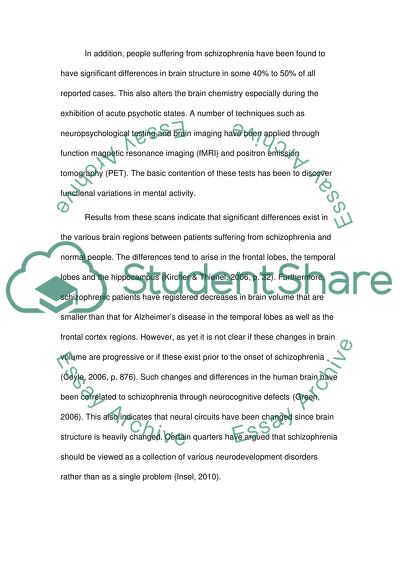Discuss evidence based on population studies that the negative Essay. Retrieved from https://studentshare.org/psychology/1451732-discuss-evidence-based-on-population-studies-that
Discuss Evidence Based on Population Studies That the Negative Essay. https://studentshare.org/psychology/1451732-discuss-evidence-based-on-population-studies-that.


